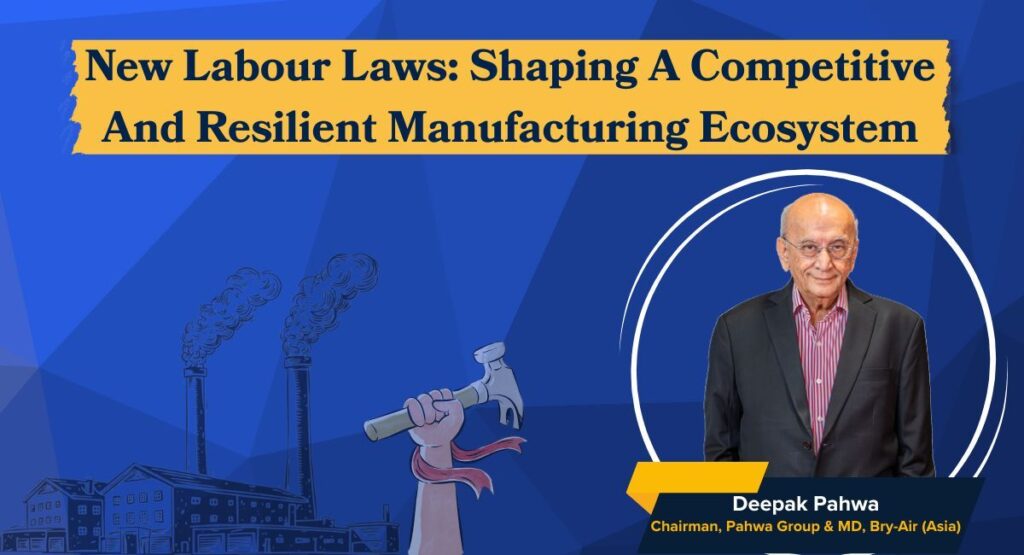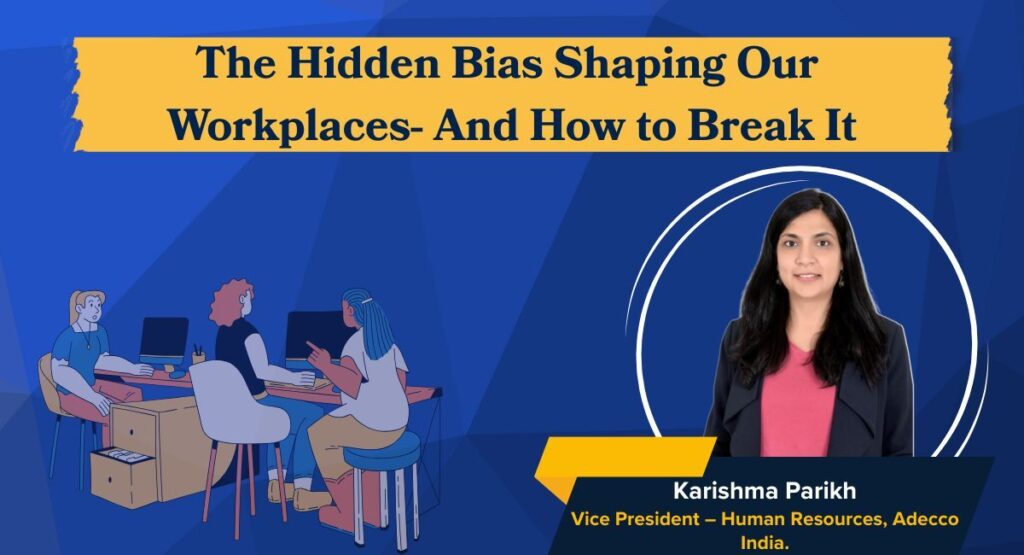According to a Grant Thornton Bharat survey, 75% of Indian companies have adopted long-term incentive plans, such as ESOPs/RSUs/SARs, in 2024, up from 63% in 2020.
Amongst these incentive plans, Employee Stock Ownership Plans, or ESOPs, have seen a remarkable rise in popularity. Companies across India, both big and small, have started to offer ESOPs as a part of their compensation, reaping both financial and cultural benefits
What are ESOPs?
Employee Stock Ownership Plans, or ESOPs, are plans that enable employers to offer their employees company stock. Often offered at minimal or no cost, these stocks can be encashed either after a specified period or when the stocks reach a pre-determined amount.
After an ESOP is offered, the stocks assigned to the employee remain in a trust fund for a specified period, known as the vesting period. The employee must remain part of the company during this time to be eligible to claim the stocks after the vesting date.
If an employee leaves the company before the vesting period is complete, the company must repurchase the ESOPs at a fair market value within 60 days.
Recent ESOP Trends in India
Between January and May of 2024, 340.5 million shares were allotted through ESOPs by 461 listed companies, according to Mint. In contrast, 2023 saw 253.9 million shares being allotted by 382 firms.
The numbers underscore just how ESOPs have gripped the compensation industry, and they do not seem to be going anywhere.
As per the data provided by the Bombay Stock Exchange (BSE), employees and key managerial personnel from nearly 50 companies acquired shares worth ₹284 crore through ESOPs in the first quarter of 2025. The companies in question include Bajaj Finance, Wipro, 360 ONE Wealth, JB Chemicals, HDFC AMC, and Mahindra & Mahindra.
In July 2025, Swiggy announced a grant worth ₹150 crores in ESOPs, comprising 38.86 lakh stock options as per the company’s ESOP 2024 plan. The exercise price of each share was listed at ₹1, which will convert to the full-equity price at the end of the vesting period.
When done right, ESOPs can provide a substantial boost to any employee’s earnings. Consider Rajiv Jain, the Executive Vice Chairman of Bajaj Finance, who made about ₹80 crores in share-based compensation and ESOPs in FY25. This ended up being the majority contributor to Jain’s total remuneration of ₹101.42 crores.
Though not everyone may make crores, the difference between Jain’s total salary and stick-based earnings showcases just what ESOPs can do.
Why ESOPs are on the rise
In recent times, ESOPs have become a popular way for employers to incentivise their employees. Given just how intrinsically each stock is related to a company’s success, ESOPs provide much more to the company and employees than simple financial gain
Attraction and retention
With ESOPs in play, employees are motivated to stay with the company, at least until the end of the vesting period, increasing retention. Moreover, the idea of having an actual stake in a company’s success often serves as a great motivator for employees to be with a company and give their best.
The same reason is also applicable when it comes to attracting employees. With minimal investment, ESOPs often seem like a win-win situation to candidates.
Financial well-being
As per ADP, 62% of Indian firms prioritise financial well-being in HR strategies. ESOPs can go a long way in ensuring this goal. Under this kind of plan, employees can have financial security for the future without risking a high amount. The low-stakes, high-rewards concept is a primary reason behind the rising use of ESOPs
Positive Cultural Shift
With ESOPs in the picture, it is only natural for the company’s culture to change, often in a more performance-oriented direction. As owners of the company’s stock, employees have a vested interest in seeing the company grow and succeed.
Employee ownership also aligns with their long-term interests in the company. Barring emergencies, employees can let the stocks grow with the company, knowing that their value will only increase over time if the company continues to perform well.
Conclusion
Slowly but surely, ESOPs are becoming a mainstream tool in India’s compensation toolkit. For employees, ESOPs pave the path towards financial gain beyond their fixed pay. At the same time, these plans help employers attract, retain, and motivate talent.
With robust design and regulatory vigilance, ESOPs have started to significantly shape India’s compensation future. For both employees and employers, ESOPs have become a means to demonstrate trust and diligence, fostering a better, performance-oriented work environment.





